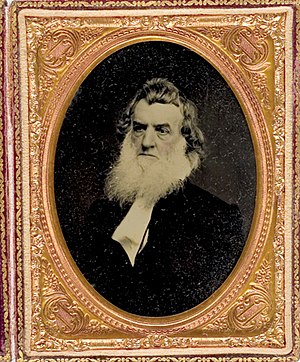 Image via Wikipedia
Image via WikipediaA lot of naval history occurred on Saturday, October 12, 1861.
The ironclad ram Manassas led a couple of armed steamers and other assorted vessels in an early morning raid against the Federal flotilla blockading the Mississippi at Head of the Passes.
The Manassas proved to be a big disappointment. The ship rammed the USS Richmond to open the engagement, piercing her hull below the waterline, but the collision actually did more damage to the Manassas, causing mechanical problems that kept the ram from striking again. But the guns still worked and the flotilla's shots were bouncing off her ironclad sides; the Manassas started firing back and the rest of the Confederate ships joined in. Into the melee, the Confederates released large fire rafts to drift downstream into the Federal vessels.
The Federal flotilla tried to retreat through the Southwest Pass, but the Richmond and the Vincennes ran aground. By this point, the battle had turned into a long-range trading of shots as the two Federal ships worked to get underway again.
The raid accomplished its short-term mission: to run the Federal flotilla out of Head of the Passes. And the Manassas gained a fearsome reputation. But the Federal fleet would soon return in far greater numbers.
Also on this date, at Carondelet, Missouri, the Federal ironclad St. Louis was launched. The ship would be the first of seven gunboats that would make up the core of the U.S. Navy 's Western Gunboat Flotilla. The "Pook Turtles," designed by Samuel Pook and constructed by James Eads, would see their first action at the Battle of Fort Henry in February 1862, and would participate in every major action on the Upper Mississippi and its tributaries.
And, at Charleston, South Carolina, James Mason and John Slidell, the Confederate commissioners to Great Britian and France, headed for their new posts. They ran the blockade at Charleston aboard the Theodora bound for Havana, Cuba. Before they would reach Europe, they would become embroiled in an international incident that would almost start a war between the United States and England and gain the Confederacy the foreign recognition it needed.


